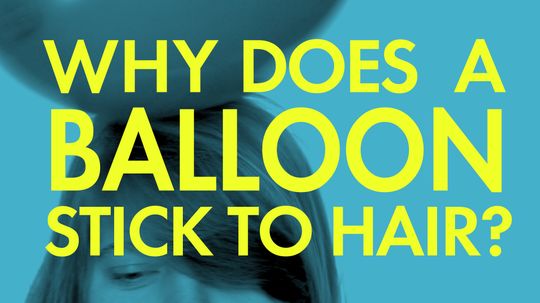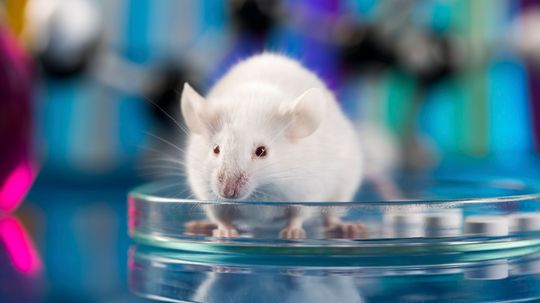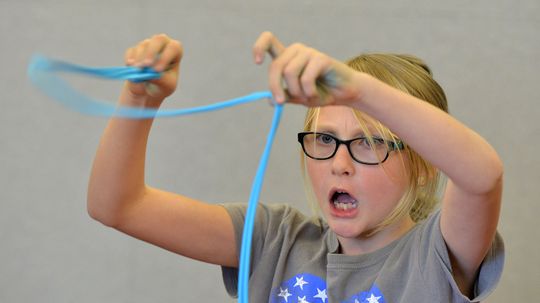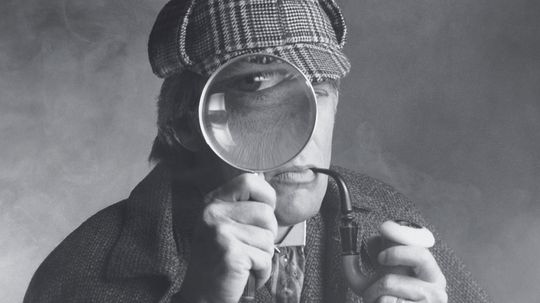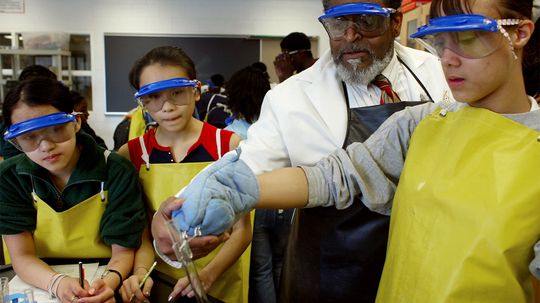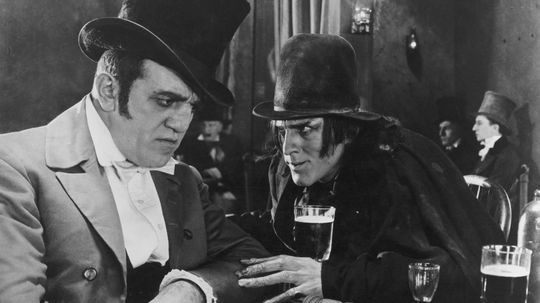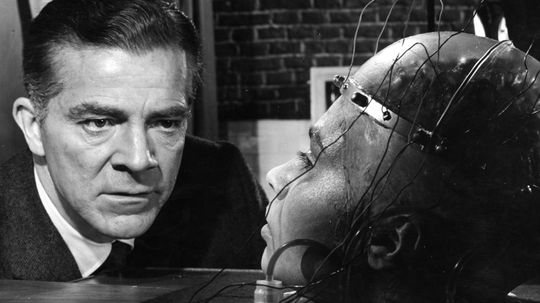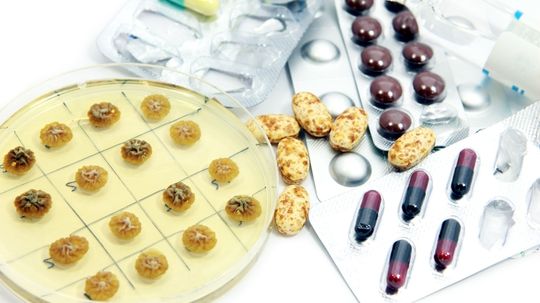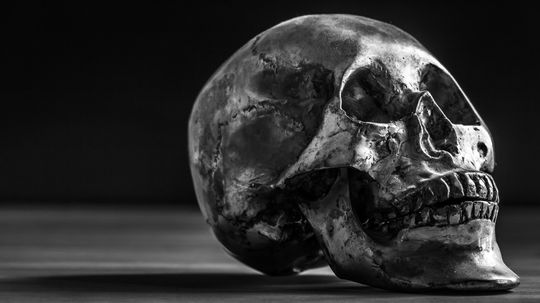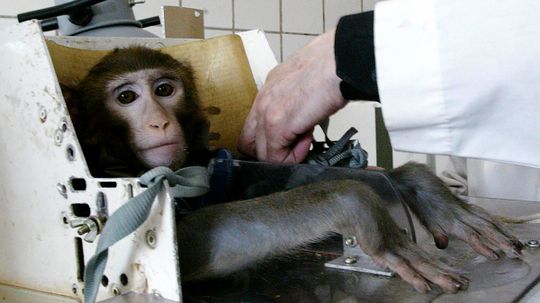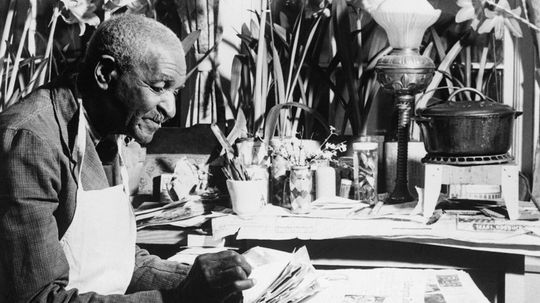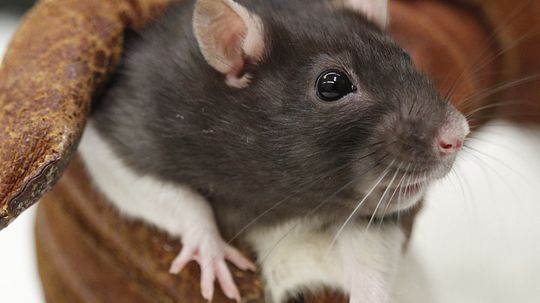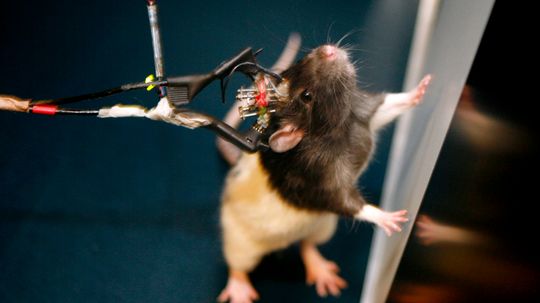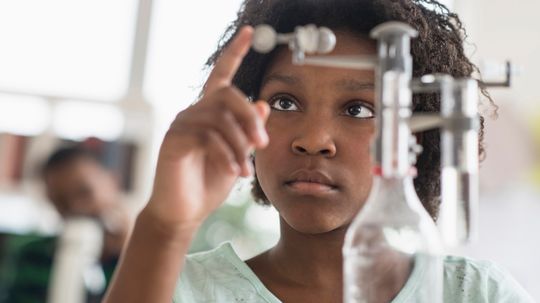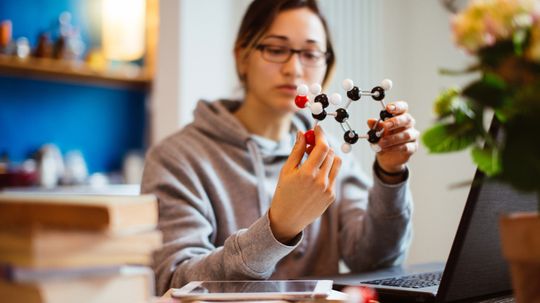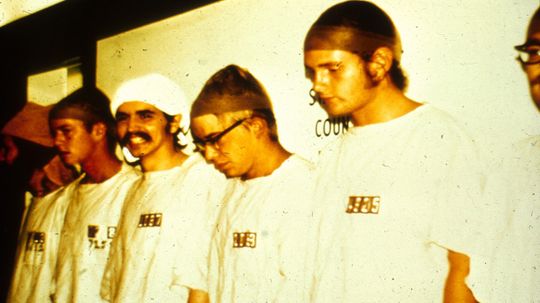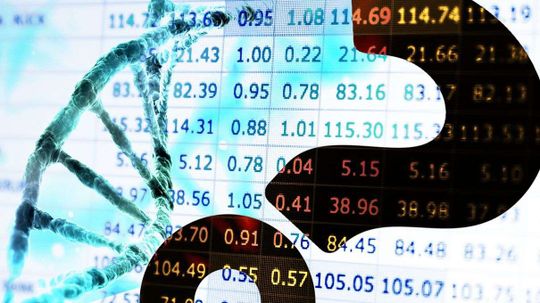Scientific Experiments
Scientific experiments are a fun and exciting way to learn more about the wonderful world of science. In this section you'll find great articles all about scientific experiments.

10 Nobel Laureates Whose Work Changed the World
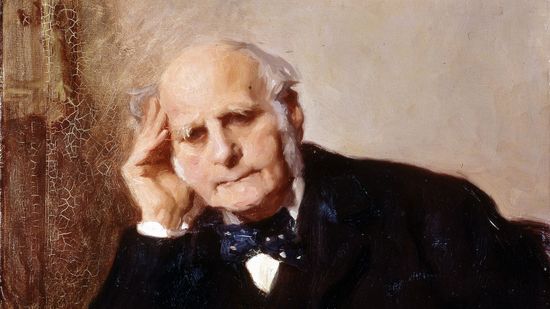
Eugenics Overshadows the Legacy of Scientific Genius Francis Galton
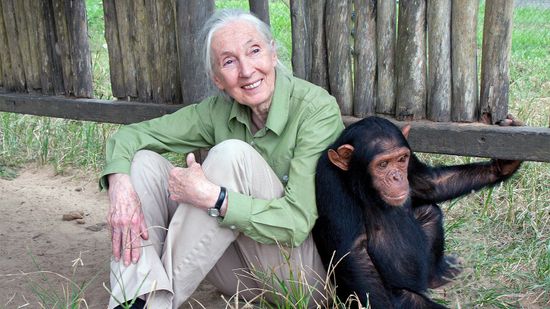
Jane Goodall: A Global Face for Global Peace
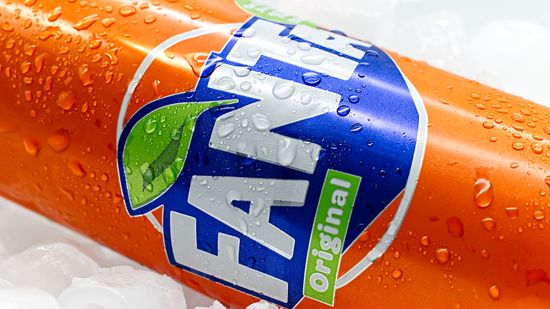
Who Made Fanta? Was It Really the Nazis' Favorite Soda?

'Mad Honey' Comes From Bees That Gather This Specific Nectar

Barrels and Barrels of Aged Beer

Who Invented the Toilet? A Brief History of the Flush

HowStuffWorks: How Porta Potties Work
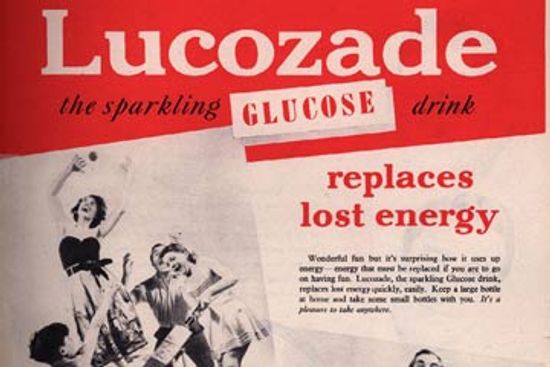
Who invented sports drinks?

Meet the Man Who Invented Cool Whip, Tang and Pop Rocks
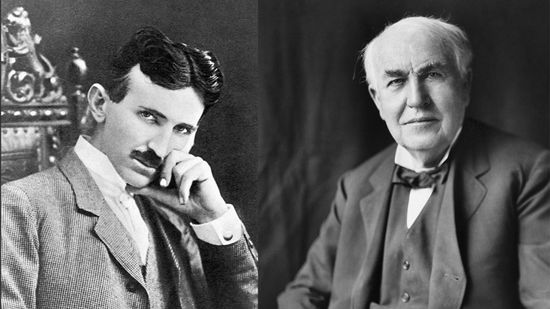
Thomas Edison vs. Nikola Tesla Quiz
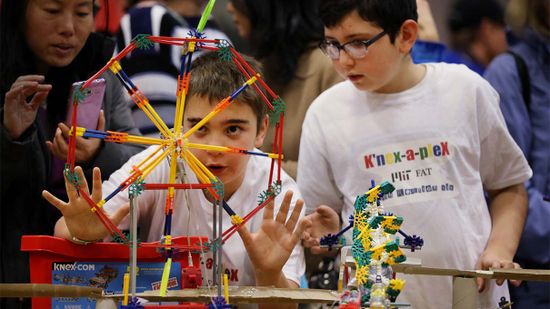
Rube Goldberg: The Man Behind the Ingenious Contraptions

The Evolution of Dictaphones: A Comprehensive History

The Evolution of the Franklin Stove: From Invention to Modern Efficiency
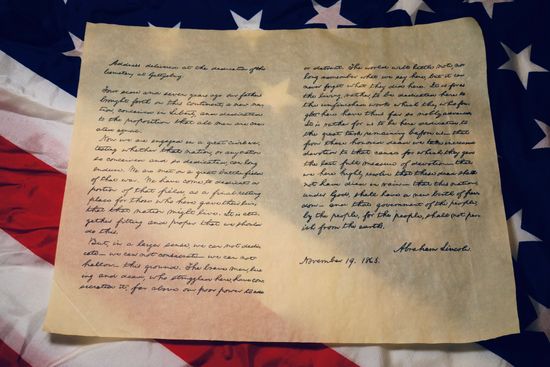
The Fascinating History of the Mimeograph Machine

5 Green NASA Inventions
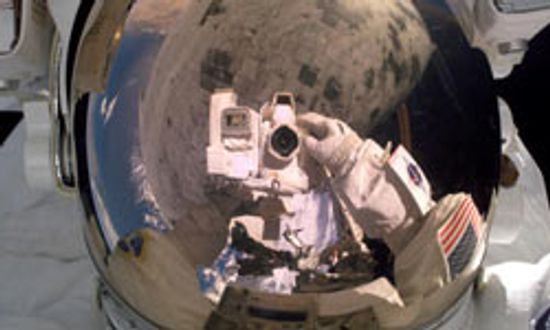
5 Types of NASA Technology in Your Attic

How Has NASA Improved Solar Energy?

How hard is the patent application process?

How to File a Patent
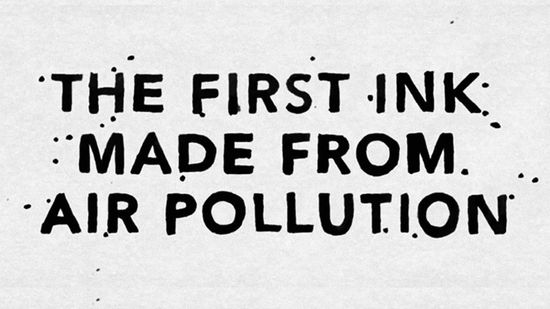
Turning Air Pollution Into Ink

10 New Uses for Old Inventions

How Do QR Codes Work? 2D Barcodes Explained
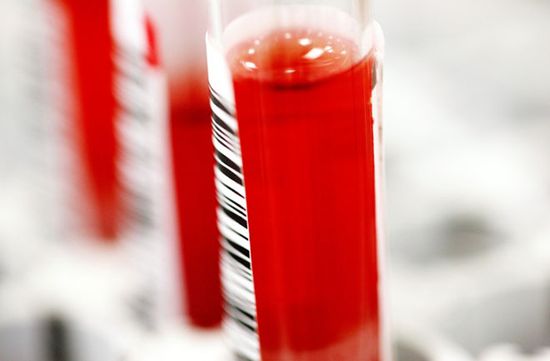
How can a bar code save your life?
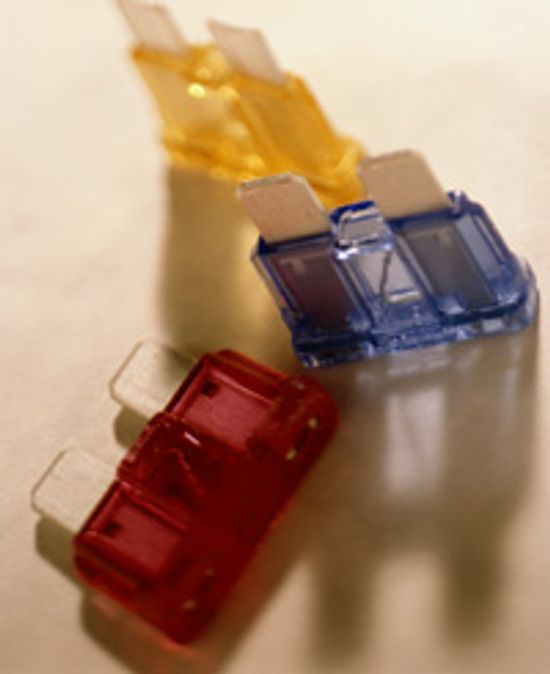
Is it possible to fix a blown fuse with a chewing gum wrapper?
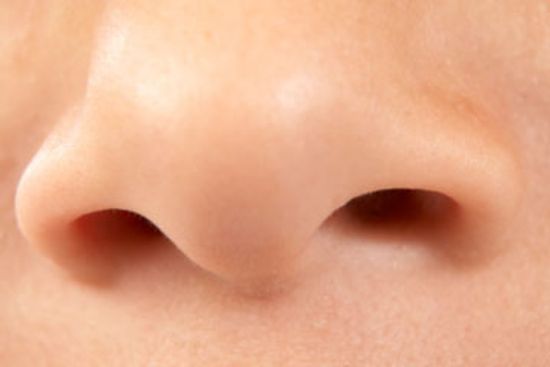
How do scratch-and-sniff stickers work?

10 Oddball Questions Scientists Have Genuinely Tried to Answer
Learn More
HowStuffWorks explains the secrets of static electricity.
Mice are small and reproduce quickly, but they're more than just an animal of convenient size and libido. Mice have some truly special genetic gifts that it doesn't take a scientist to appreciate.
Like any quality-control system, peer review was designed to scrutinize all new scientific discoveries, ideas and implications. So how does flawed research still slip through the system of checks and balances?
Advertisement
Newton's iconic laws of motion are at work all around you, whether you're watching an Olympic swimmer push off a pool wall or a batter hit a baseball. So what are they?
From cornflakes to Silly Putty, many of the things we consume today were created unintentionally. Here are the stories behind eight well-known inventions.
The simplest explanation is usually the correct one. Or is it? Learn how detectives, doctors, scientists, mathematicians, skeptics and theologians all use the principles of Occam's Razor to slice through data and arrive at a particular worldview or theory.
You don't have to be a scientist in a white coat to use the scientific method. We all use it every day to make observations and solve problems.
Advertisement
People donate their bodies to science all the time, usually after death. Here, we highlight 10 scientists who experimented on themselves while they were still alive. Not always such a good idea, eh Dr. Jekyll?
By Josh Clark
From a centenarian brain expert to a mistress of Voltaire, each of these female scientists has an incredible story. Do you want to meet them?
The occasional oddball research premise slips past the people who review government grant applications. What are some of the craziest instances of your tax dollars at work?
By Robert Lamb
Since the dawn of cartoons and comic books, kids have imagined themselves endowed with superpowers. What extraordinary abilities are scientists working to bring to you right now?
By Chris Jones
Advertisement
You might argue we have scientists to thank for our own survival. What breakthroughs have kept the human race from dying out?
Before the scientific method came along, science dabbled in some pretty far-out ideas in its youth. Remember miasmas? And spontaneous generation? And the four elements?
Science is forever uncovering the mysteries of our universe, but some questions remain elusive. What topics have us still scratching our heads?
Animal testing has a long, gruesome history, but it's also saved countless human lives.
By Oisin Curran
Advertisement
You might have heard of George Washington Carver and Neil deGrasse Tyson. But what about Patricia Bath? Or Percy Julian? Meet 10 African American scientists who have made the world a better place for everyone.
Few would argue that lab rats lead an easy life. Add to it the assertion that they are prone to cancer just by being lab rats, and we've found a whole new level of depressing. But is it true?
Rats! They're just like family. Evolutionarily, anyway. So when it comes to research and biomedical study, what can they do for us?
Ah, the pride of leaving your name on a discovery as a lasting legacy of your time here on Earth. As the 10 discoveries on this list demonstrate, you probably won't get to revel in that pride while you're still alive.
Advertisement
Even if you don't operate a scanning electron microscope all that frequently, you might want to brush up on these 10 scientific laws and theories. After all, they're some of our best tools for describing how the universe works.
Making a model of an atom is a good way to learn about the physical world. Read this article to learn how to make a model of an atom.
Do people born on the 13th of a month have a lifetime of bad luck? Researchers examined whether an "unlucky" birthdate could impact employment, earnings and marriage.
Researchers have discovered a way to trigger and control a visual hallucination without drugs, illness or direct brain stimulation.
Advertisement
The Stanford Prison Experiment is one of the most well-known psychological studies, infamous for the participants' cruel behavior. But the whole story of the study is much more complex.
After surveying thousands of published genetics papers, researchers found nearly one-fifth had errors caused by Microsoft Excel in their supplementary files. Uh-oh.
